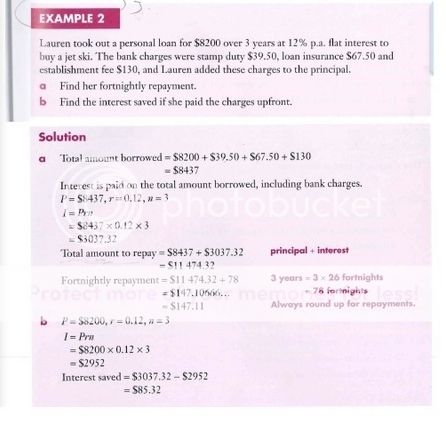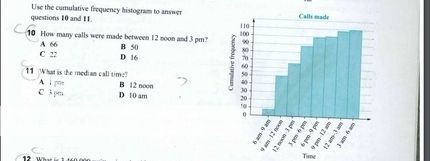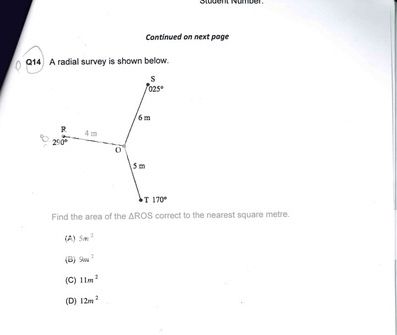Those notes aren't referring to percentage error, they're essentially referring to implied absolute error (half the limit of reading). So to get the percentage error, we would divide these by the measured value (200 mm for the question at hand).
By the way, for your notes on Error, they should say like ±0.5 m, i.e. include the units of the measurement (so if the measurement is in mm or kg, the absolute error is also in mm or kg). This is because these are absolute errors, e.g. how many metres we would be off by. This'll also help you remember that these errors are indeed absolute errors. Percentage errors on the other hand have no units (since they are just percentages like 1% error etc.) since the units cancel out when we divide.



